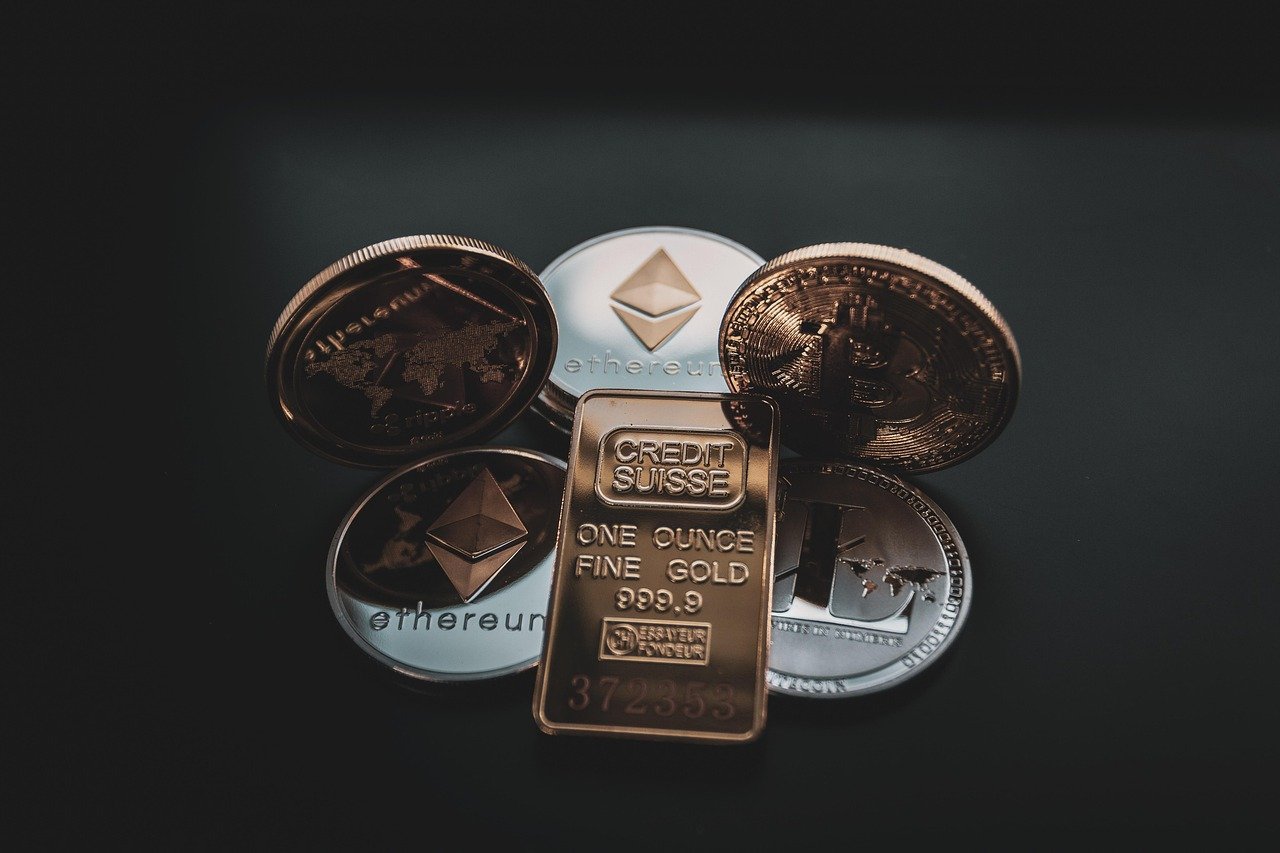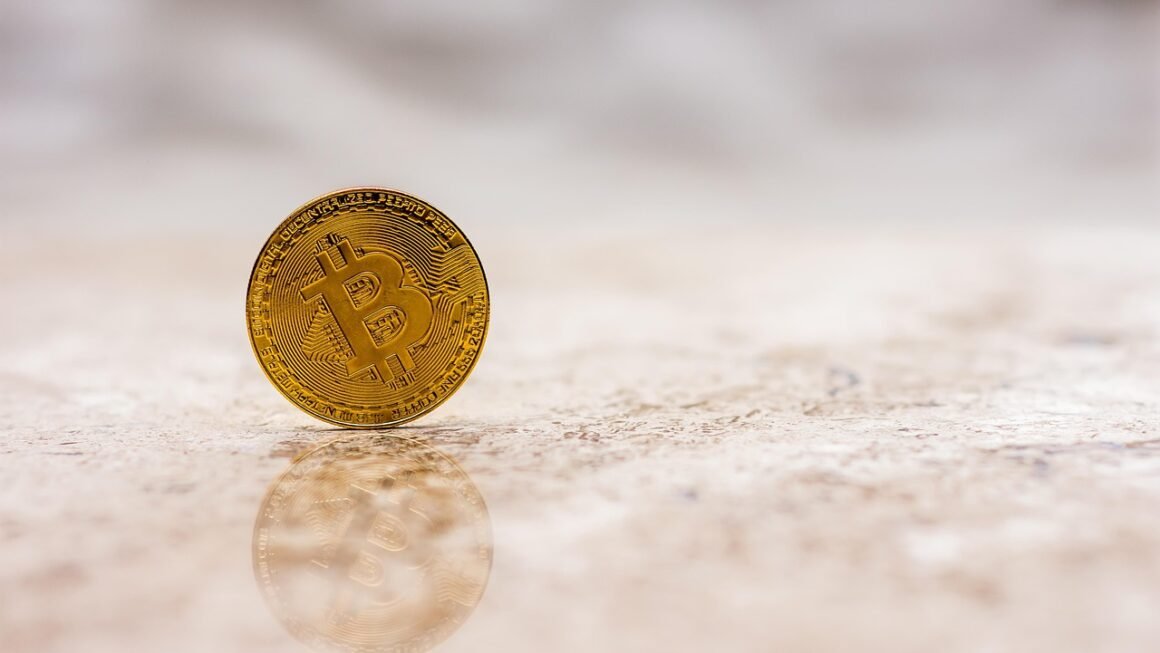DAOs, or Decentralized Autonomous Organizations, are revolutionizing the way groups organize and make decisions. Imagine a company run by code, completely transparent and owned by its members, eliminating the need for traditional hierarchical structures. This is the promise of DAOs, and they are rapidly changing how we think about governance, investment, and community collaboration. From fundraising to managing decentralized finance (DeFi) protocols, DAOs are emerging as powerful tools in the digital age.
What is a DAO?
Defining Decentralized Autonomous Organizations
At its core, a DAO is an organization represented by rules encoded as a computer program, often a smart contract, that is transparent, controlled by the organization members, and not influenced by a central government. These rules are enforced on a blockchain, typically Ethereum or similar platforms. The term “Decentralized” refers to the distribution of control and decision-making power amongst its members, while “Autonomous” highlights the self-executing nature of the organization’s rules.
In simpler terms, think of a DAO as an internet-native business with a built-in treasury. Members contribute to the organization, participate in governance, and benefit from its success, all according to predefined rules.
Key Characteristics of a DAO
- Transparency: All transactions and governance decisions are recorded on the blockchain, making them publicly verifiable.
- Autonomy: The rules are coded into smart contracts that automatically execute when certain conditions are met, reducing the need for human intervention.
- Decentralization: Power is distributed among members who can propose and vote on changes to the organization.
- Community-Driven: DAOs rely on their members to contribute ideas, resources, and expertise to achieve common goals.
How DAOs Work: A Practical Example
Let’s consider a hypothetical investment DAO. Members contribute funds to the DAO’s treasury. Proposals are submitted for potential investment opportunities. Members then vote on these proposals using their governance tokens. If a proposal passes, the smart contract automatically executes the investment. Profits are then distributed back to the members based on their stake in the DAO.
Actionable Takeaway: Before joining a DAO, thoroughly research its smart contract code and understand its governance structure. This will help you assess the risks and rewards involved.
The Benefits of Using DAOs
Enhanced Transparency and Trust
One of the primary advantages of DAOs is their inherent transparency. All financial transactions and governance decisions are recorded on the blockchain, making them auditable and tamper-proof. This level of transparency fosters trust among members and reduces the potential for corruption or mismanagement.
Increased Efficiency and Automation
DAOs automate many of the functions traditionally performed by human managers, such as executing payments, allocating resources, and enforcing rules. This automation streamlines operations, reduces costs, and minimizes the risk of human error.
Democratized Governance and Participation
DAOs empower members to participate directly in the organization’s governance. Through voting mechanisms, members can propose changes, influence decisions, and hold the organization accountable. This democratic approach promotes fairness, inclusivity, and a sense of ownership among members.
Global Collaboration and Access
DAOs are borderless and accessible to anyone with an internet connection. This allows them to attract talent and resources from around the world, fostering collaboration and innovation. DAOs can bring together individuals with diverse skills and perspectives to achieve common goals.
Examples of DAO Benefits in Practice
- Decentralized Finance (DeFi): DAOs manage lending platforms, decentralized exchanges, and other DeFi protocols, allowing users to earn interest, trade assets, and participate in governance.
- Venture Capital: DAOs pool capital from members to invest in promising startups and blockchain projects, democratizing access to venture capital opportunities.
- Community Management: DAOs govern online communities, allowing members to vote on content moderation policies, allocate resources, and manage community events.
Actionable Takeaway: Explore different types of DAOs to find those that align with your interests and skills. Consider contributing your expertise to a DAO that shares your vision.
Challenges and Limitations of DAOs
Regulatory Uncertainty
DAOs are a relatively new phenomenon, and their legal status is still uncertain in many jurisdictions. This regulatory ambiguity can create challenges for DAOs seeking to operate within traditional legal frameworks. Issues surrounding liability, taxation, and compliance need to be addressed to ensure the long-term viability of DAOs.
Security Risks
DAOs are vulnerable to security risks, such as smart contract bugs, hacks, and governance attacks. A single vulnerability in a DAO’s code can lead to significant financial losses or the hijacking of the organization. Robust security audits and threat modeling are crucial to mitigating these risks. For example, the DAO hack in 2016 resulted in the theft of millions of dollars worth of Ether due to a vulnerability in the smart contract code.
Governance Challenges
Effective governance is essential for the success of any DAO. However, designing a governance system that is both fair and efficient can be challenging. Issues such as low voter turnout, apathy, and the influence of whale accounts can undermine the democratic nature of DAOs. Techniques like quadratic voting can help mitigate the influence of large token holders.
Scalability Issues
As DAOs grow in size and complexity, they may encounter scalability issues. Processing large volumes of transactions and governance decisions on the blockchain can be slow and expensive. Layer-2 scaling solutions and other optimization techniques can help DAOs overcome these limitations.
Overcoming DAO Challenges: Practical Tips
- Implement rigorous security audits: Regularly audit smart contract code to identify and fix vulnerabilities.
- Design robust governance mechanisms: Experiment with different voting systems and incentive structures to encourage participation and prevent manipulation.
- Develop clear legal frameworks: Work with legal experts to ensure compliance with relevant regulations.
- Explore scaling solutions: Utilize layer-2 technologies and other optimization techniques to improve performance.
The Future of DAOs
DAOs as the Future of Work
DAOs are poised to disrupt traditional organizational structures and redefine the future of work. By providing a more transparent, democratic, and flexible way to organize, DAOs can attract talent and foster innovation. As the technology matures and regulatory frameworks become clearer, DAOs are likely to become increasingly prevalent across a wide range of industries.
DAOs in Different Industries
- Decentralized Finance (DeFi): Managing protocols, controlling treasuries, and making strategic decisions.
- Media and Content Creation: Funding independent journalism, supporting artists, and curating content.
- Social Impact: Organizing charitable initiatives, funding research projects, and addressing social issues.
- Supply Chain Management: Tracking products, verifying authenticity, and ensuring fair labor practices.
The Evolution of DAO Governance
DAO governance is constantly evolving as new technologies and best practices emerge. We can expect to see more sophisticated voting mechanisms, enhanced security protocols, and improved scalability solutions in the future. DAOs will also become more integrated with traditional legal frameworks, allowing them to operate with greater certainty and legitimacy. The rise of meta-governance, where DAOs vote on other DAOs, represents a new frontier in decentralized organization.
Actionable Takeaways for Building DAOs
- Start small: Begin with a well-defined purpose and a small group of dedicated members.
- Focus on community: Build a strong and engaged community that is passionate about the DAO’s mission.
- Iterate and adapt: Continuously refine your governance model and smart contract code based on feedback and experience.
- Prioritize security: Invest in robust security measures to protect your DAO from attacks.
Conclusion
DAOs represent a paradigm shift in how organizations are structured and governed. While challenges remain, the potential benefits of increased transparency, efficiency, and democratic participation are undeniable. As the technology matures and regulatory frameworks become clearer, DAOs are poised to revolutionize industries and transform the future of work. By understanding the key principles, challenges, and opportunities associated with DAOs, individuals and organizations can position themselves to capitalize on this emerging trend and contribute to the development of a more decentralized and equitable future. Embrace the learning process, experiment with different DAO models, and become a part of this exciting evolution.



